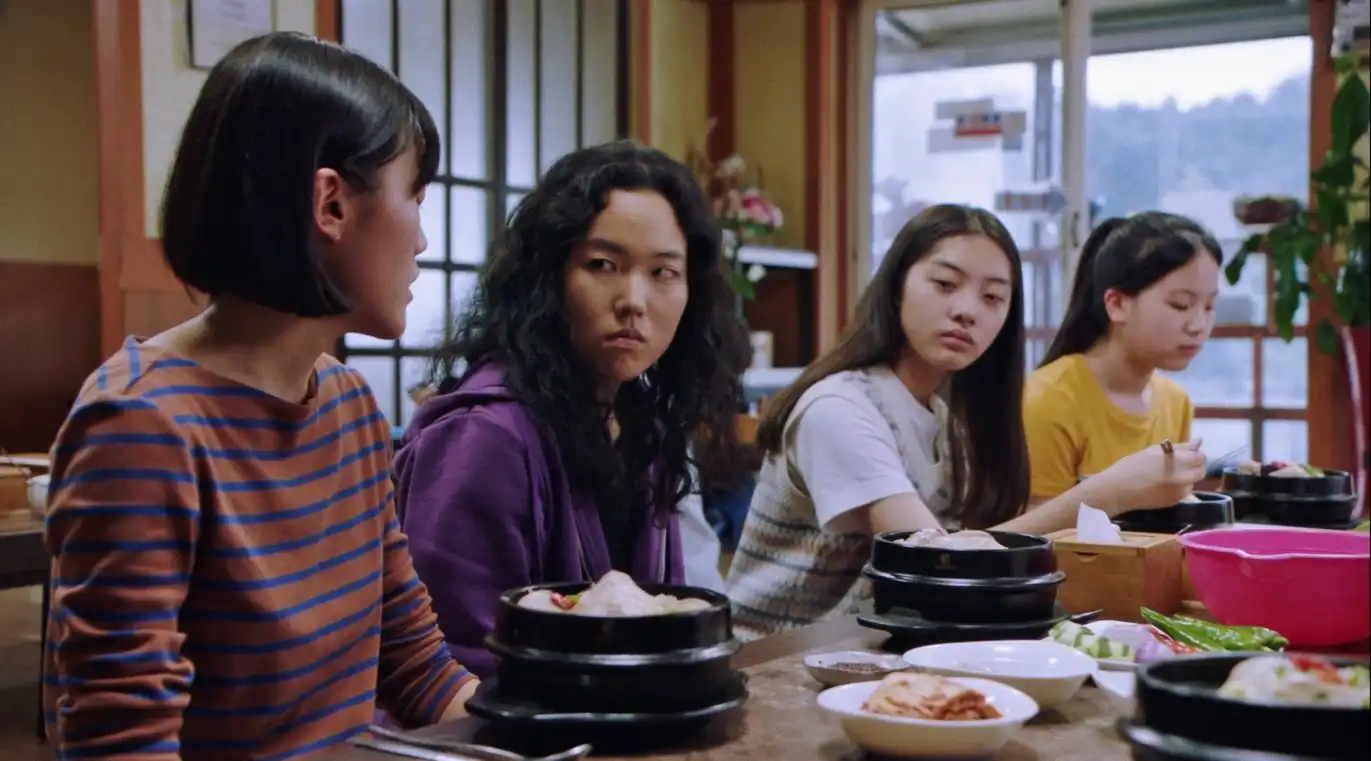
Film Review: Return to Seoul
Film Reviews
Return to Seoul
Director: Davy Chou
Sony Pictures Classic
In Theaters: 3.24
Davy Chou’s prickly third feature, Return to Seoul, lacks the emotional catharsis that most adoption narratives and quarter-life-crisis stories deliver. The uncertainty and sense of unknown from that lack of catharsis makes Return to Seoul feel much more realistic when compared to similar films where everything is neatly tied up, typically when a character discovers the person they were meant to be or finds family in unexpected places. Chou boldly asserts that meeting one’s birth parents won’t fix the aimlessness of youth—instead it could make life even more directionless.
Young French woman Freddie (Park Ji-min) comes to Korea on a whim and decides to contact her biological parents through an adoption agency in Seoul. While her mother isn’t interested in meeting, her father (Oh Kwang-rok) is ready to bring Freddie back into his family. Despite initial contact, Freddie quickly opposes and becomes avoidant after her father sends her inebriated text messages. Through multiple time jumps we see Freddie in Seoul at various points in her life again. Why she’s back and how must not be interesting enough to show the audience, which left me feeling just as separated as Freddie did when she first came to the city.
Park Ji-min stands out in the role as Freddie, balancing her devil-may-care spirit with the wanderlust of a 25 year old visiting a foreign land. Characters often comment that she has “a typical Korean face” from “ancient, ancestral times.” Freddie’s blatant ignorance of Korean customs, particularly when refilling drinks for herself or her drinking buddies, makes her a bullish protagonist who’s hard to look away from and made me eager to know her next move. Similarly, Oh Kwang-rok gives a heartbreaking performance as her biological father who desperately wants to reconnect with his daughter. Freddie can’t be bothered to spend time with him let alone learn the language to communicate and instead using translators to diffuse her anger into polite statements telling him to fuck off, which he internalizes before turning to alcohol for relief.
Return to Seoul doesn’t resolve cleanly for Freddie, and that’s exactly what Chou wants. This is not meant to be a feel-good story about the wonders of adoption or the joyous search for personal identity. The story is based on Chou’s friend, credited “script consultant” Laure Badufle, and I highly doubt that she cleanly resolved her issues when she returned home, either. –Eric Ray Christensen
Read more reviews of films about craving connection:
Film Review: Bruiser
Film Review: One Fine Morning